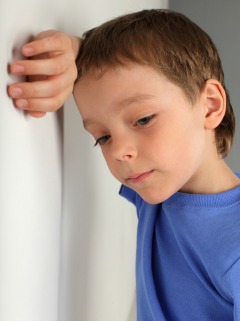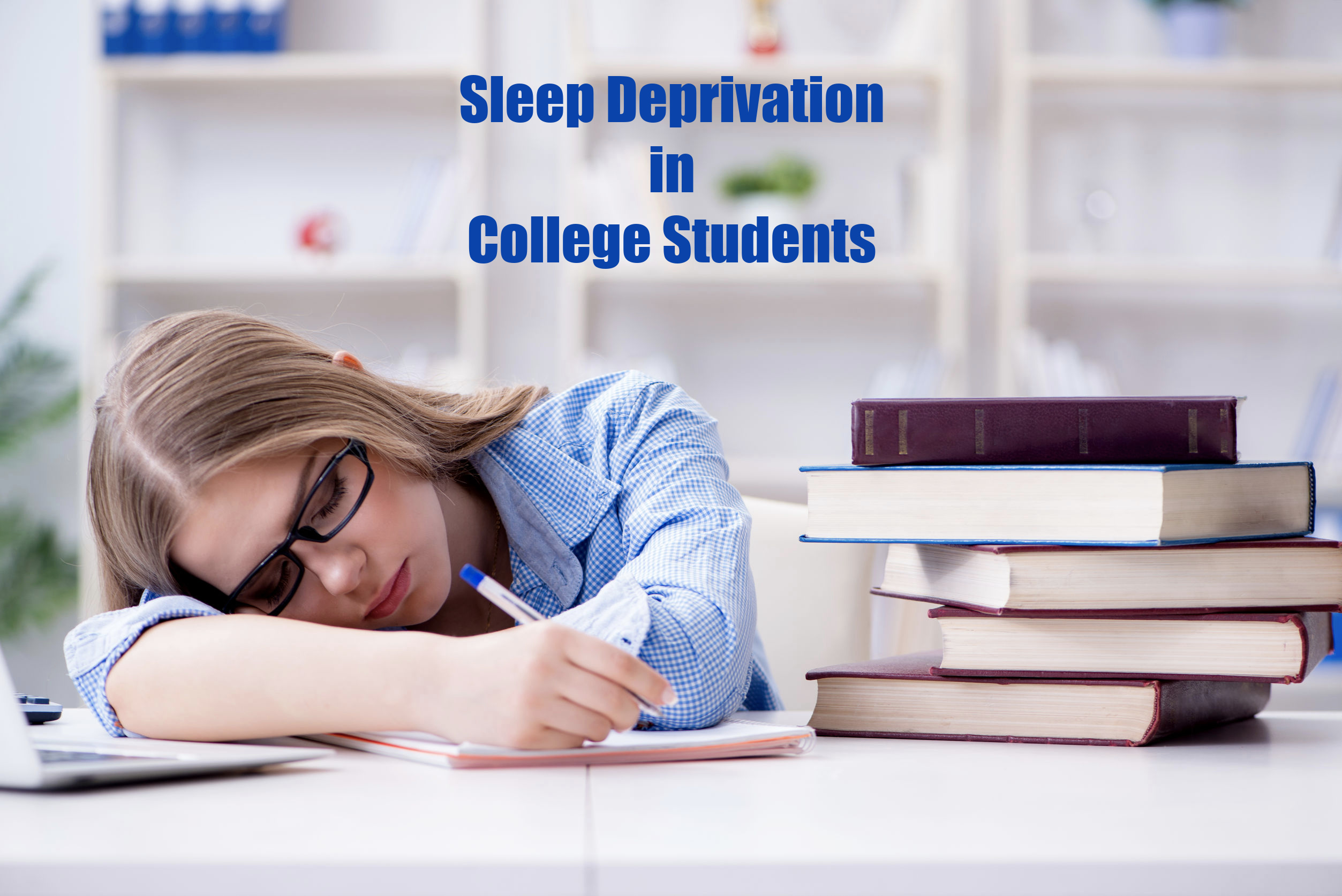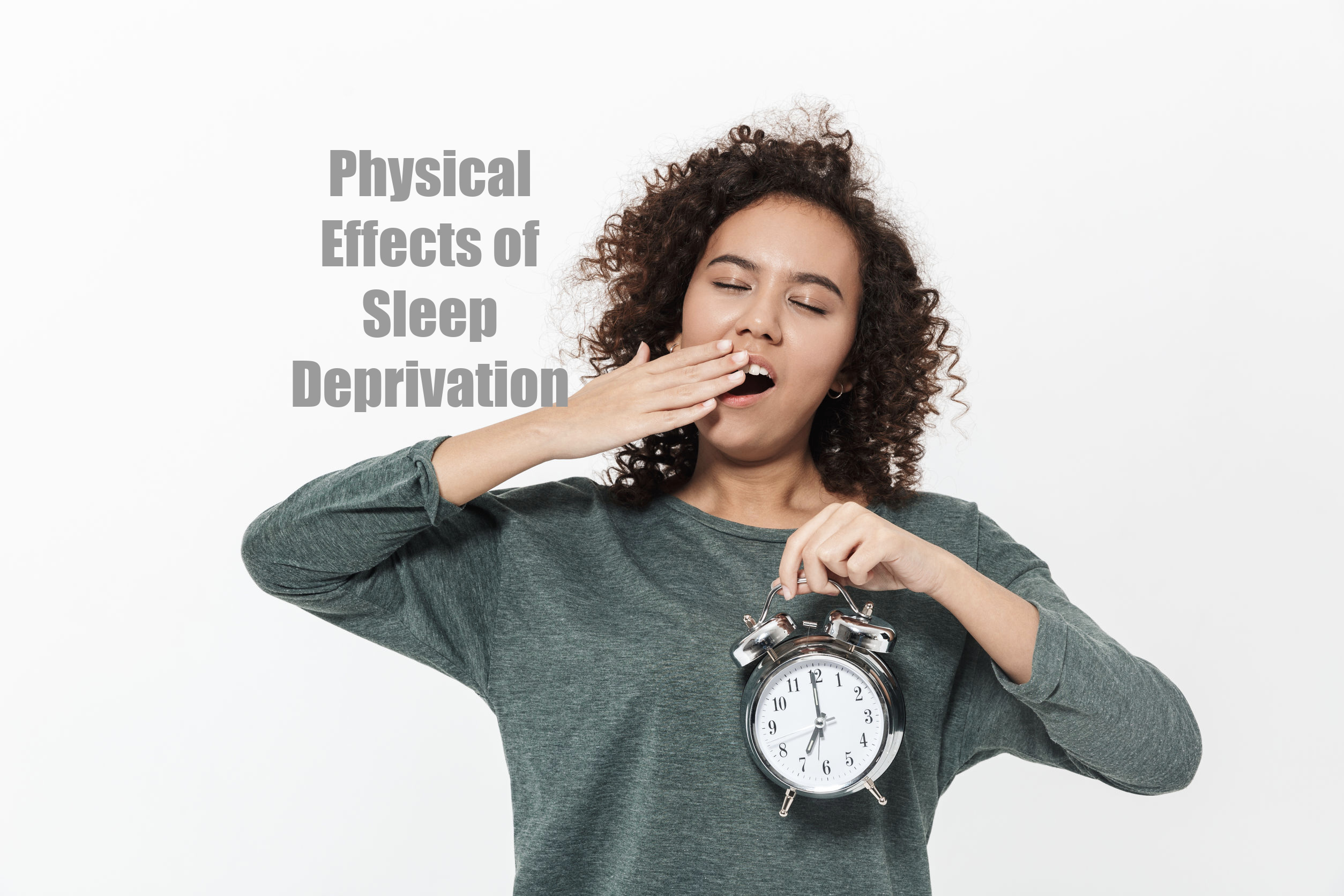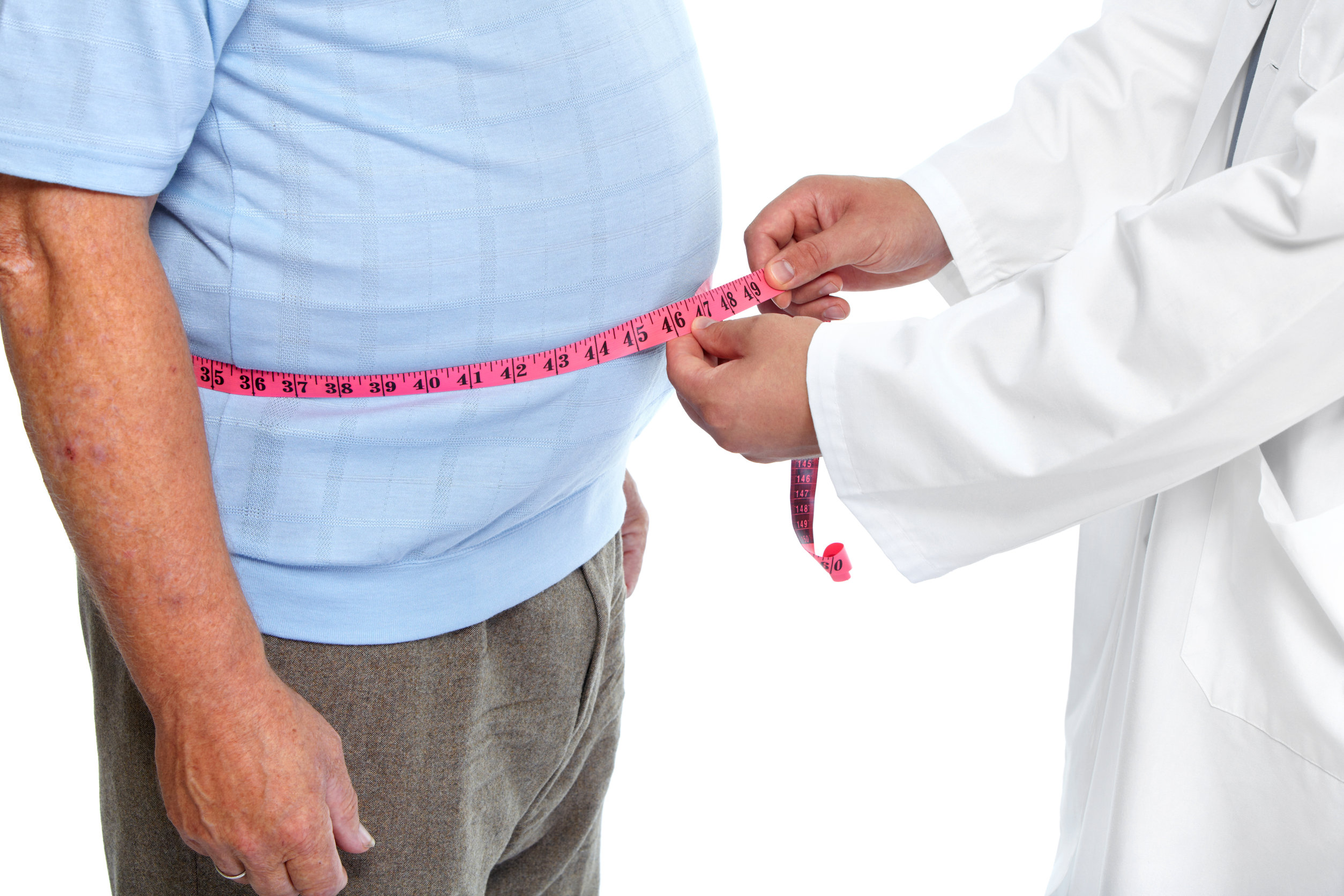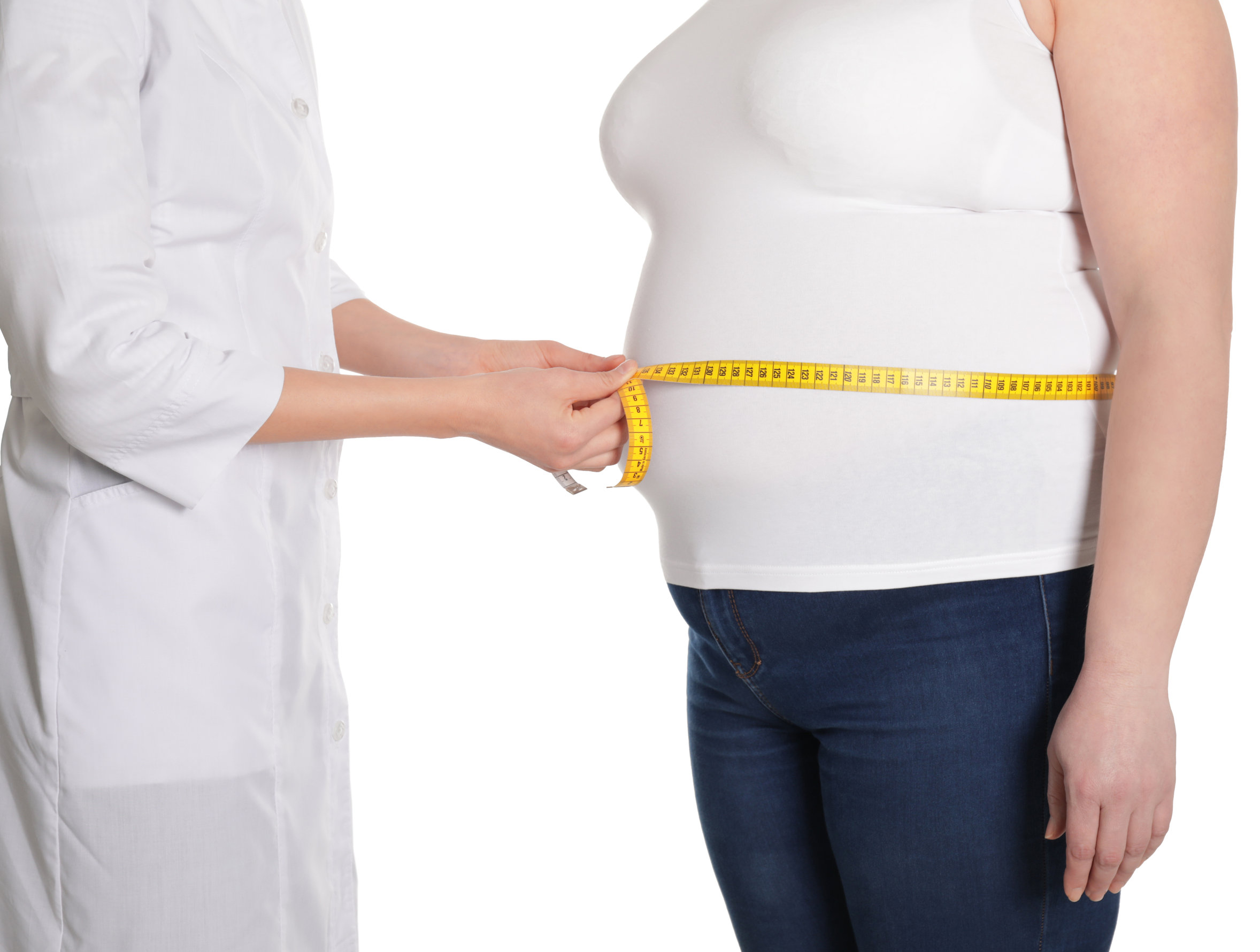Effects of Sleep Deprivation
The effects of sleep deprivation are physical and behavioral, for toddlers, children, teens and adults. It is quite obvious when toddlers are tired, they quickly get upset about little things and are just not able to cope. Once they've had their nap or a good nights sleep, they become a different person. Well, it's not that much different for other age groups either.
Symptoms of Sleep Deprivation
Symptoms of sleep deprivation range from inability to concentrate to more serious behavioral and social changes. Lack of sleep can affect not only our energy levels but our mood, our memory and our ability to cope with life's daily stresses. It can affect our performance at work and our relationships at home.
See if you are exhibiting any of these signs of sleep deprivation - I know I have.
Causes of Sleep Deprivation
There are many causes of sleep deprivation thanks to modern technology, high sugar and caffeine consumption, lack of exercise and long commutes to work. For some people just by simply going to bed earlier is all that is needed to get the restorative sleep their bodies need.
However, many times you will find that there is no one cause of a person's insomnia. Like me. Eliminating all caffeine, getting daily exercise, turning off the TV/computer by 8:00, and starting a bedtime routine of warm baths, sleep aid teas, and reading has greatly improved my ability to fall asleep and stay asleep.
The good news is that by making some easy lifestyle changes you too can start getting the sleep your body needs to wake up feeling refreshed and energized.
Effects of Sleep Deprivation in Children
According to Dr. Archibald Hart, the author of Sleep It Does a Family Good: How Busy Families Can Overcome Sleep DeprivationThe signs of sleep deprivation in kids, especially toddlers is normally quite evident - they cry at everything and nothing makes them happy. Being tired just makes them unable to cope with life. They are miserable and make those around them miserable.
Usually a well rested child is a happy child.
Unfortunately, you are not going to hear kids say, "I want to take a nap" or "I want to go to bed earlier." It's the parent's responsibility to ensure that their kids get the necessary number of hours of sleep.
Not sure if your child is sleep deprived? Check out these symptoms to find out:
Effects of Sleep Deprivation in Teenagers
Sleep deprivation in teens goes beyond just heavy eyes and heads resting on desks during class. Grades drop, relationships are strained and the ability to handle stress decreases. Emotional and cognitive difficulties arise.Lack of sleep also makes it dangerous to drive or to operate any other motorized vehicle.
Teens may be the hardest age group to educate on the importance
of adequate and restful sleep. Sleep is not a priority for most
teenagers - being with friends, studying, attending activities or
parties, or talking on cell phones all take precedence over going to
sleep. Diets filled with caffeine and sugar from sodas and coffee drinks
overstimulate their minds and bodies. Meals made with fresh fruits and
vegetables take a back seat to fast foods.
However, sleep is no less important for this age group. Find out what lack of sleep may be doing to your teenager and what you can do about it:
Sleep Deprivation in Teenagers
Effects of Sleep Deprivation in College Students
Sleep deprivation in college students can affect their ability to concentrate, process new information, and handle stress.
It also makes their bodies more susceptible to viruses and bacteria - meaning they can catch a cold or the flu easier than someone who has a body that is well rested. In less than two weeks of sleep deprivation our son who was then a freshman in college developed strep throat.
The college environment along with heavy school demands means that most college students are chronically sleep deprived.
Making sleep a priority is probably not a very popular idea for this age group, but one they could certainly benefit from.
Sleep Deprivation in College Students
Physical Effects of Sleep Deprivation
Physical effects of sleep deprivation include the obvious ones like fatigue and just not feeling energetic, but there are some surprising ones like high blood pressure too.
According to Dr. Michael Breus, a Clinical Psychologist and a Diplomate of the American Board of Sleep Medicine as well as a Fellow of The American Academy of Sleep Medicine, "Poor sleep is associated with a range of heart problems, including high blood pressure and increased risk of heart attack."
Did you know that lack of sleep suppresses the immune system making it more susceptible to colds, flu and infections?
Find out what more about the physical consequences of sleep deprivation:
Physical Symptoms of Sleep Deprivation
Behavioral Effects of Sleep Deprivation
Behavioral effects of sleep deprivation are more obvious in toddlers and children, but certainly affect adults as well.
Have you ever been told by a well meaning friend or relative, "Get a good night's sleep and you'll feel better in the morning?"
Well, there is actual truth to this statement. Our ability to cope, handle stress or keep focused is enhanced by a well rested body.
Insufficient sleep can be blamed for being in a bad mood, having less patience and feeling on edge.
Don't underestimate the power of good sleep on one's behavior.
Behavioral Effects of Sleep Deprivation
Sleep Deprivation and Weight Gain
Sleep deprivation and weight gain may coincide together as numerous studies have been done identifying the correlation between the two. The connection is found with the Leptin and Ghrelin hormones.
These two hormones help the body control appetite as well as weight gain and loss. To control weight, a healthy balance needs to be present between the two as Leptin suppresses the appetite and Ghrelin increases appetite. Obviously when either one of these is not functioning optimally, your appetite may increase whether your body needs more calories or not.
As sleep deprivation becomes chronic, the Leptin levels decrease inhibiting the signal that tells you that you are full and the Ghrelin increases telling your body that it is hungry. It is possible to have a healthy diet and adequate exercise, while struggling with weight gain in cases with ongoing sleep deprivation.
If you are experiencing sleep deprivation along with weight gain, you may consider rethinking your sleeping patterns.
It may be due to not making sleep a priority. If you think this is a more serious problem, you should seek professional help to determine why you are not getting adequate sleep. When you are doing everything right with diet and exercise yet the weight does not budge and you know your sleep is not adequate, you may be fighting an uphill battle.
The first step to getting adequate sleep is to focus on good sleep hygiene.
Dr. Archibald Hart, author of Sleep it Does a Family Good, writes, "Sleep is, in essence, the food the brain needs to survive, and not getting sufficient sleep is like starving your brain - it can be harmful, even life threatening. In short sleep is essential to a full, rich and satisfying life."
Go from Effects of Sleep Deprivation to Sleep Aid Resource Home

Get practical advice on how to fall asleep, stay asleep and to get deep sleep. It's free so sign up here:

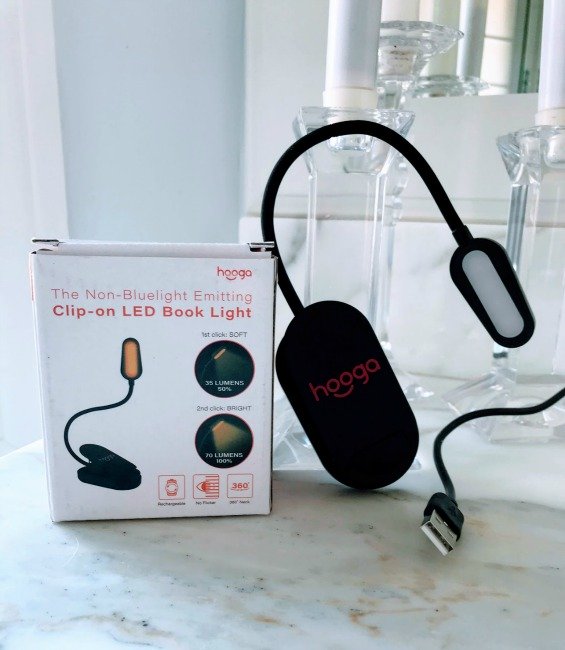


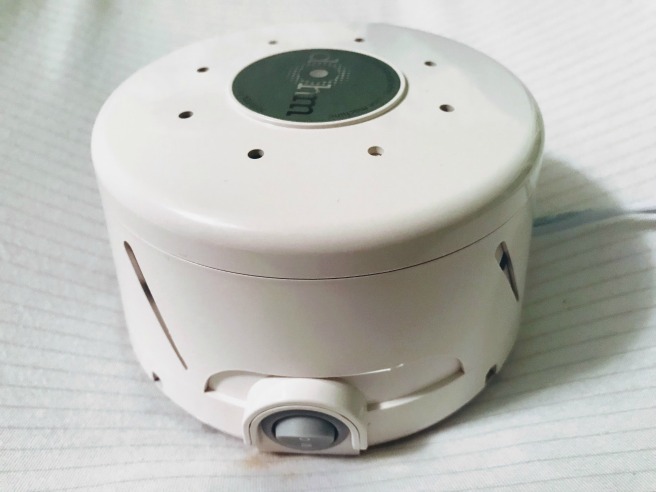

Ancient Minerals Goodnight Magnesium Lotion
Please note that while I do receive commissions from some of the things promoted on this site, I recommend them because I feel they would be of benefit to you.
Advertisers/Affiliates have been hand-picked so that only quality products are recommended. I have used them in my own life and share them with you because that's what friends do.


